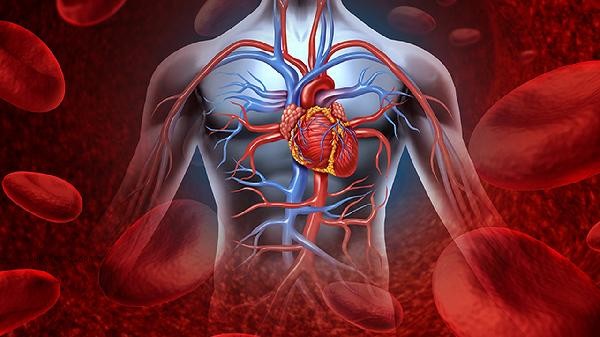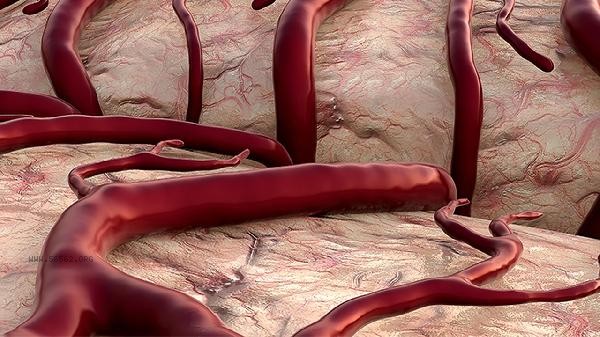The increase in small artery resistance during the goal can be intervened through lifestyle adjustments, control of underlying diseases, drug therapy, interventional therapy, surgical treatment, and other methods. This symptom may be related to hypertension, renal artery stenosis, diabetes nephropathy and other factors, usually manifested as hypertension, renal dysfunction and other symptoms.

1. Adjusting lifestyle
Reducing sodium intake can help reduce vascular pressure, and the daily salt intake should be controlled within 5 grams. Smoking cessation and alcohol restriction can improve endothelial function and avoid the stimulation of blood vessels by nicotine and alcohol. Regular aerobic exercise such as brisk walking and swimming, 3-5 times a week for 30 minutes each time, can help maintain vascular elasticity.
2. Control underlying diseases
Hypertensive patients need to monitor their blood pressure for a long time and keep it below 140/90 mmHg. Patients with diabetes should keep the glycosylated hemoglobin below 7% to avoid blood vessel damage caused by blood sugar fluctuation. Patients with hyperlipidemia need to control low-density lipoprotein cholesterol below 2.6 mmol/L through diet and medication.
3. Drug therapy
Angiotensin converting enzyme inhibitors such as perindopril tablets can dilate glomerular arterioles and reduce glomerular pressure. Calcium channel blockers such as amlodipine besylate tablets can relax vascular smooth muscle and improve spasm of afferent arterioles. Diuretics such as hydrochlorothiazide tablets can reduce blood volume and assist in reducing vascular resistance.
4. Interventional therapy
Patients with renal artery stenosis may consider angioplasty, which involves dilating the narrowed segment of the blood vessel with a balloon. Stent implantation can maintain vascular patency and is suitable for severe stenosis caused by atherosclerosis. These minimally invasive surgeries need to be performed under the guidance of digital subtraction angiography, and postoperative antiplatelet therapy is required.
5. Surgical treatment
For renal vascular hypertension that is unresponsive to drug therapy, renal artery bypass grafting can be performed to reconstruct blood supply. A very small number of severely impaired kidney function patients may require nephrectomy, but strict evaluation of contralateral kidney function is necessary. All surgical plans must be decided after multidisciplinary consultation between cardiovascular surgery and nephrology.

It is necessary to regularly monitor blood pressure and renal function indicators, and check urinary microalbumin and blood creatinine every 3-6 months. Adopt a low salt, high-quality protein diet and limit the intake of animal organs and high purine foods. Avoid using drugs such as nonsteroidal anti-inflammatory drugs that may worsen kidney damage. If edema or abnormal urine output occurs, seek medical attention promptly. Maintaining a regular schedule and moderate exercise can help maintain vascular health.









Comments (0)
Leave a Comment
No comments yet
Be the first to share your thoughts!